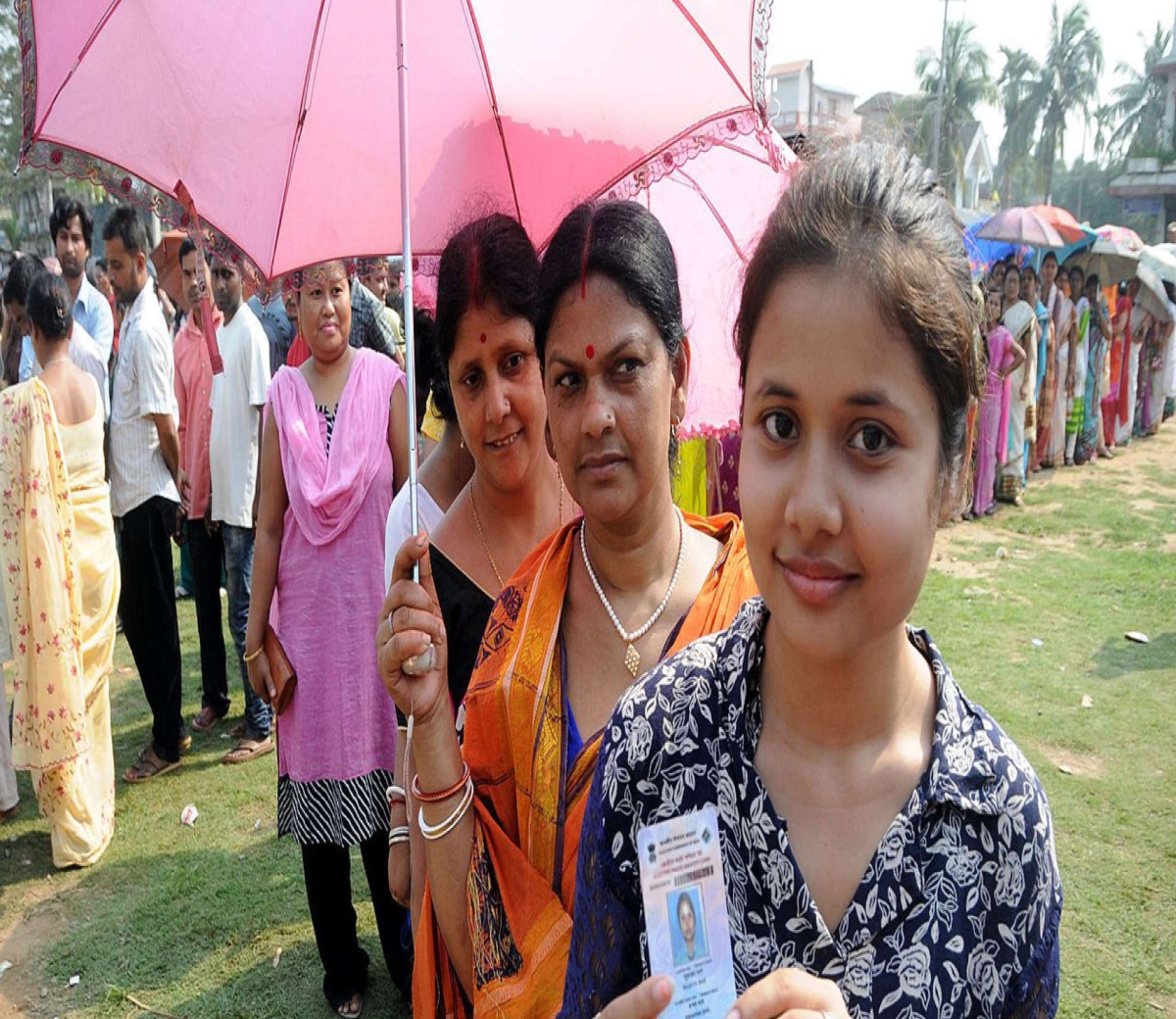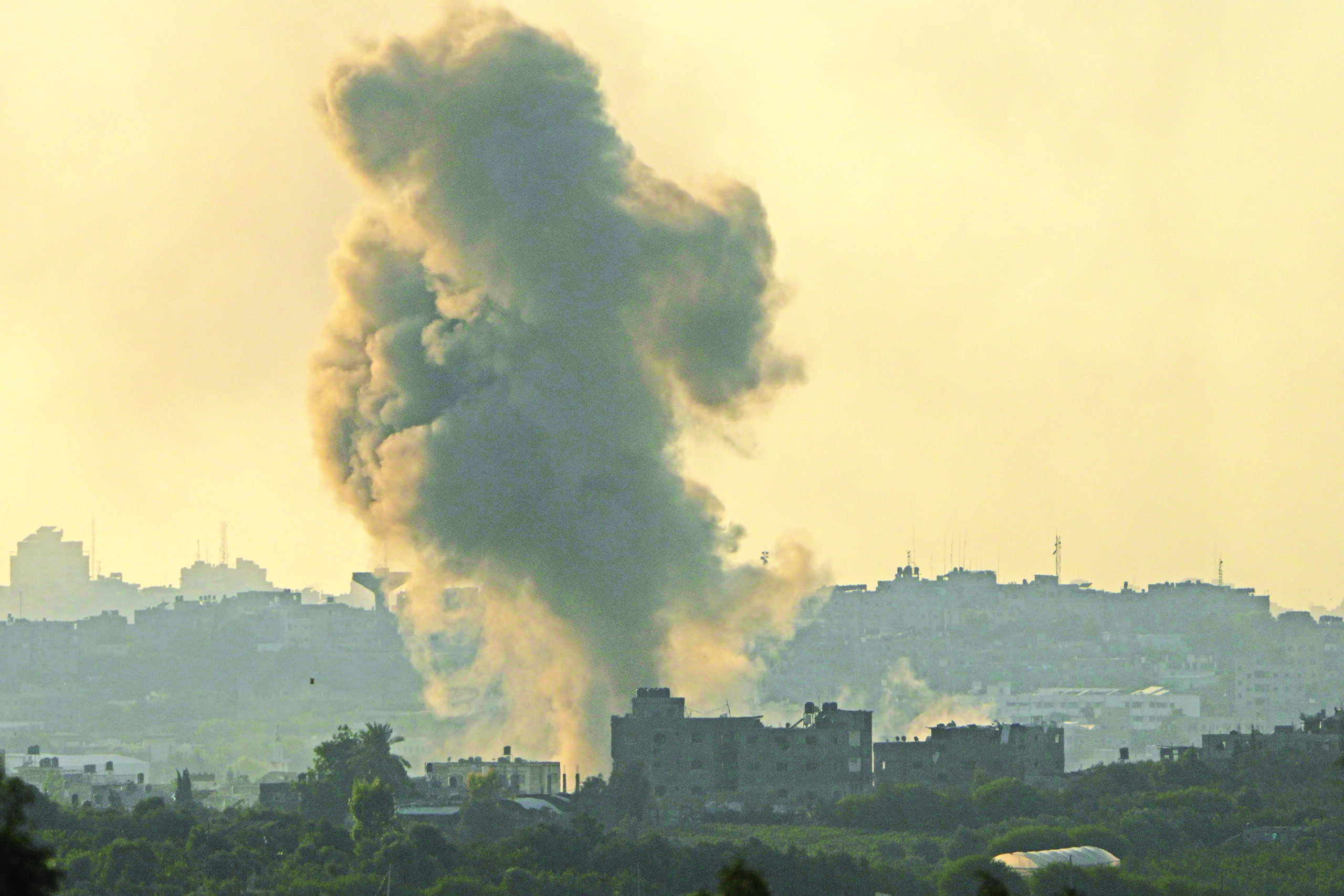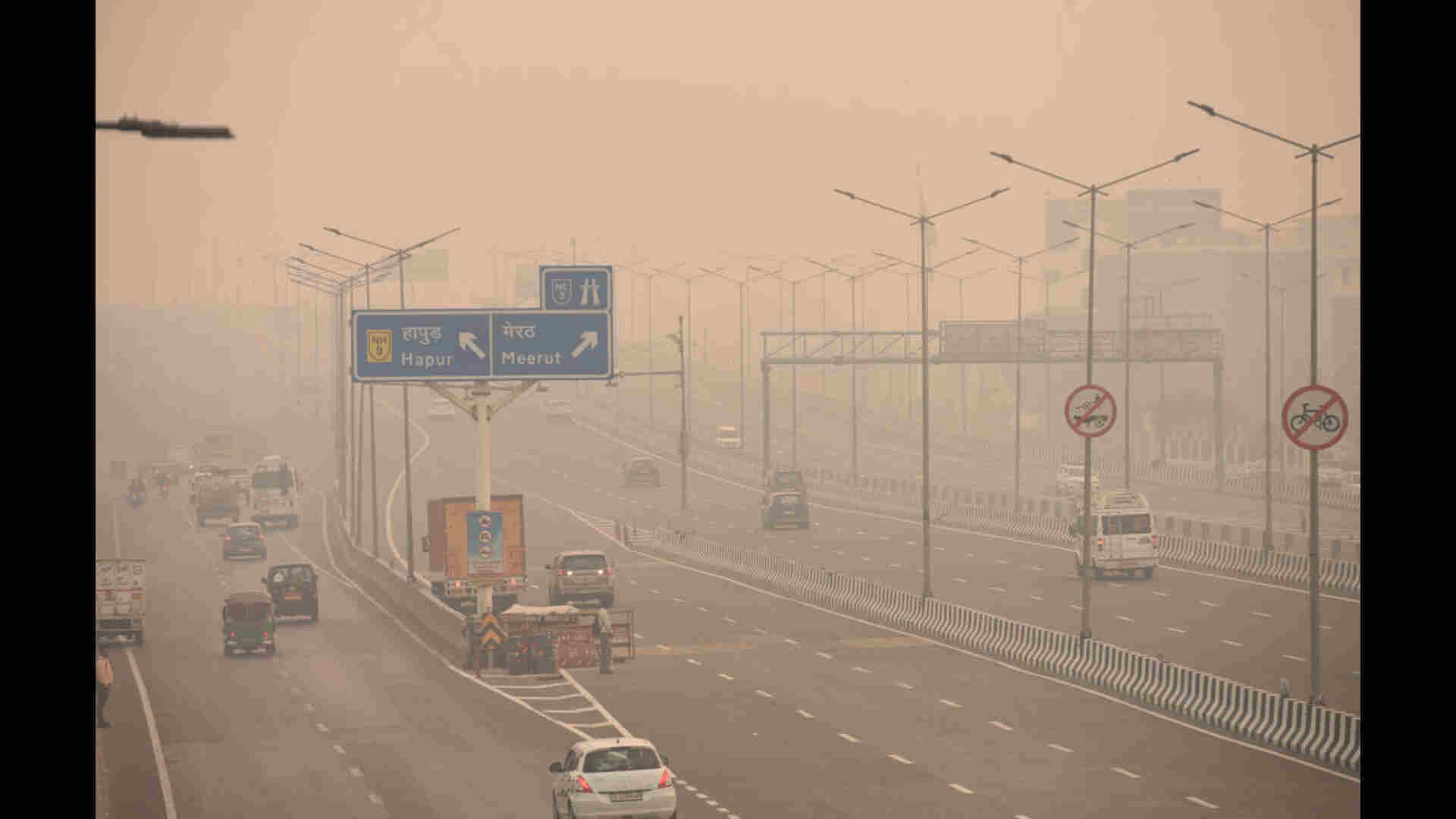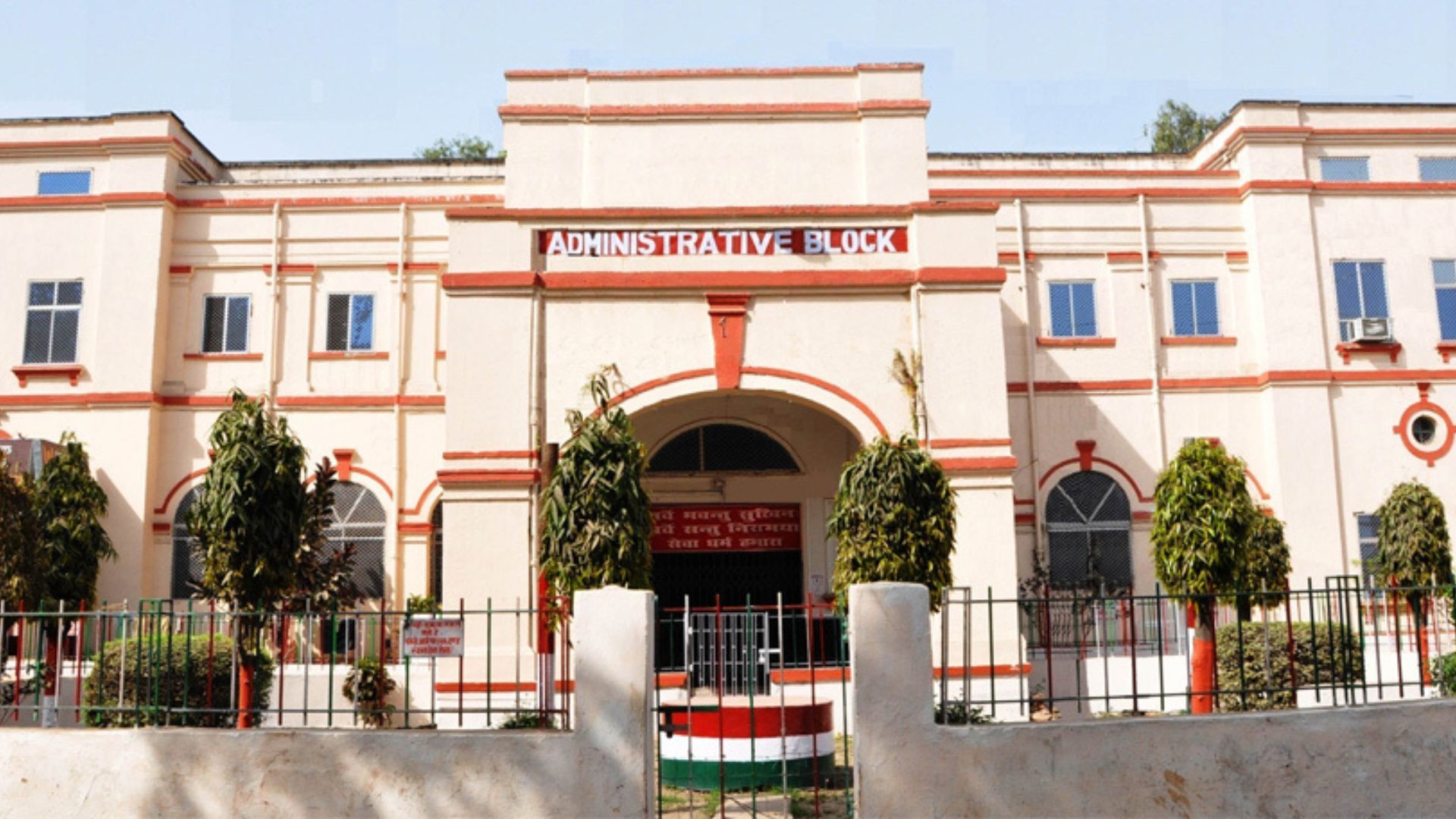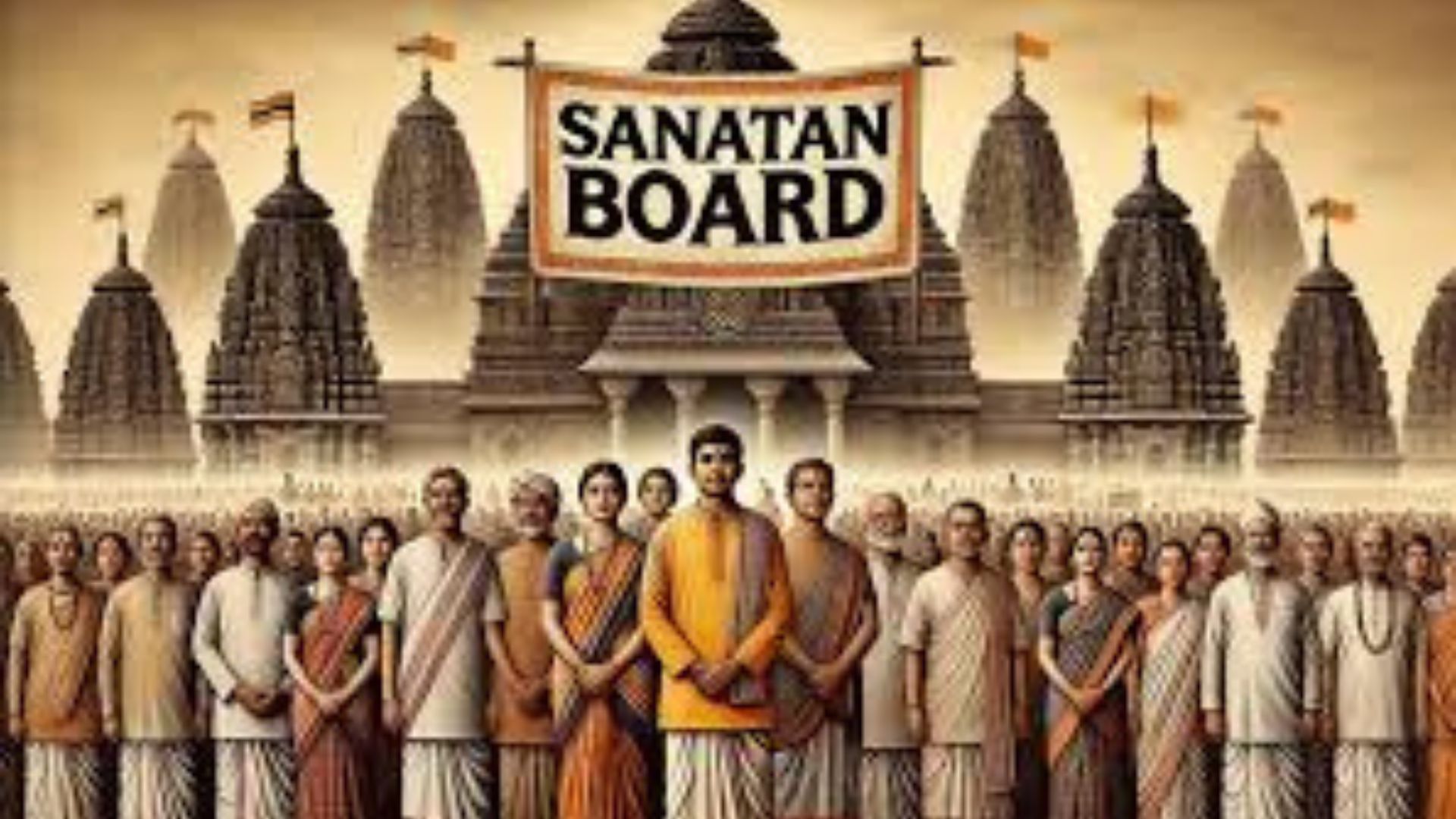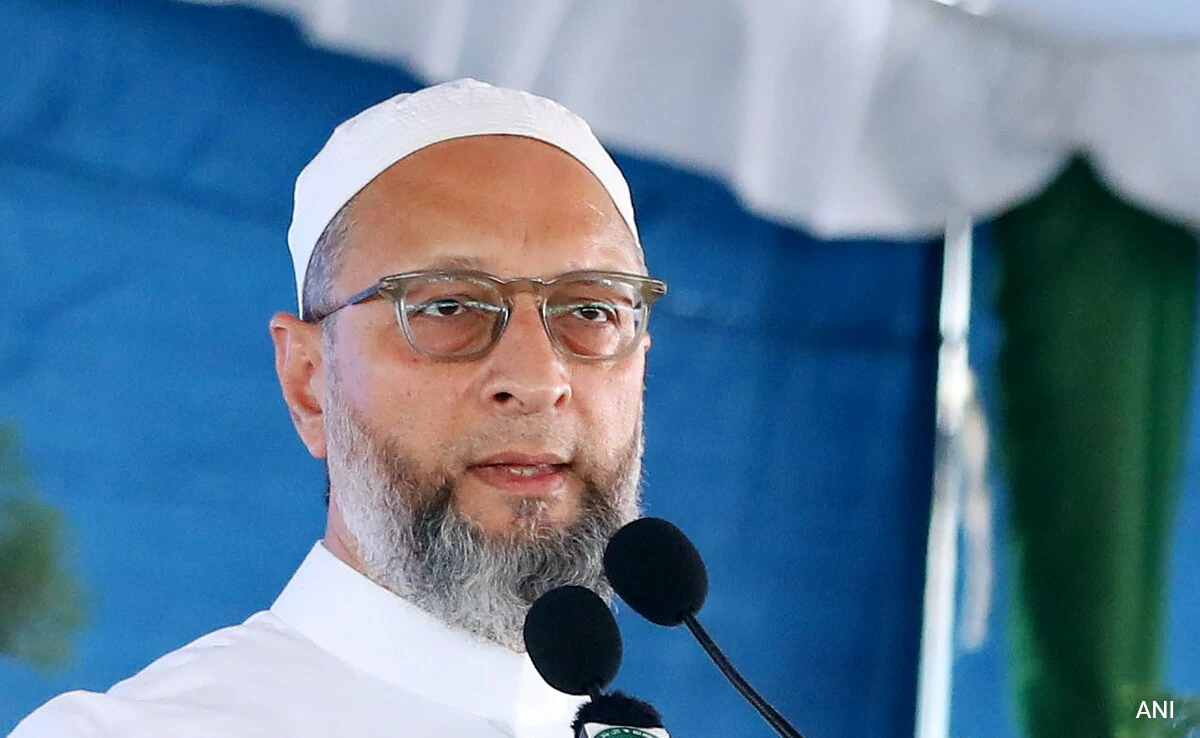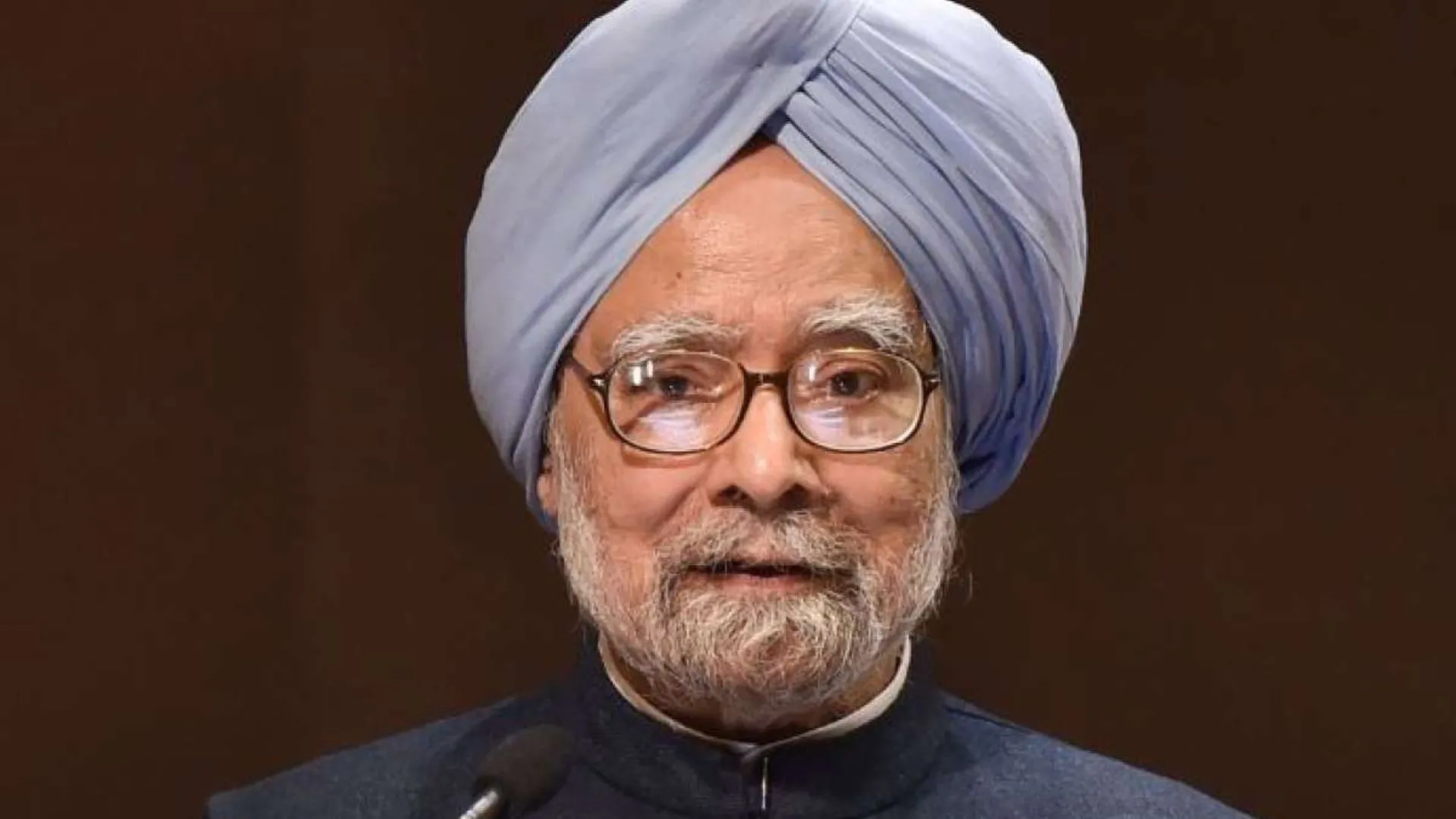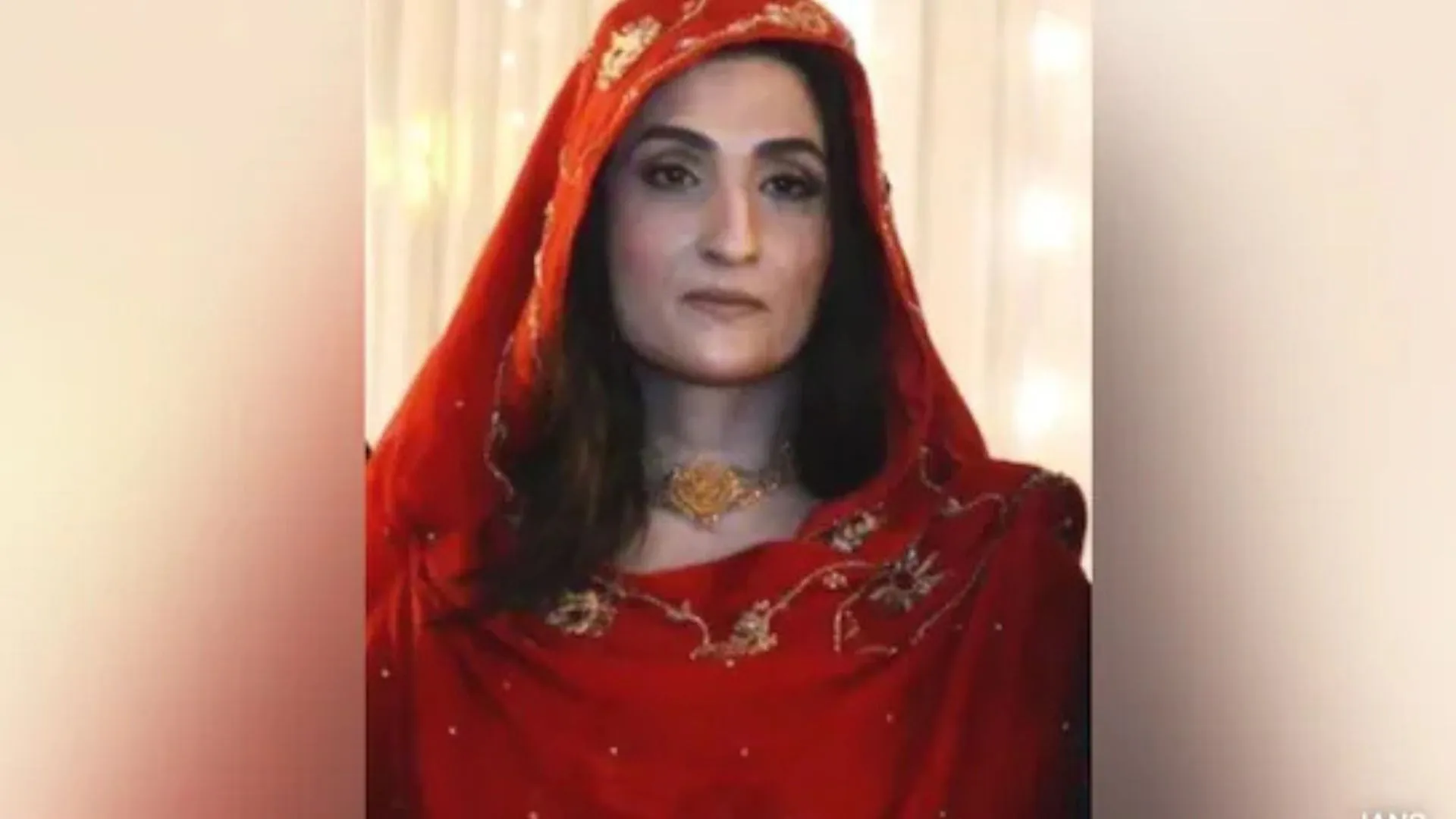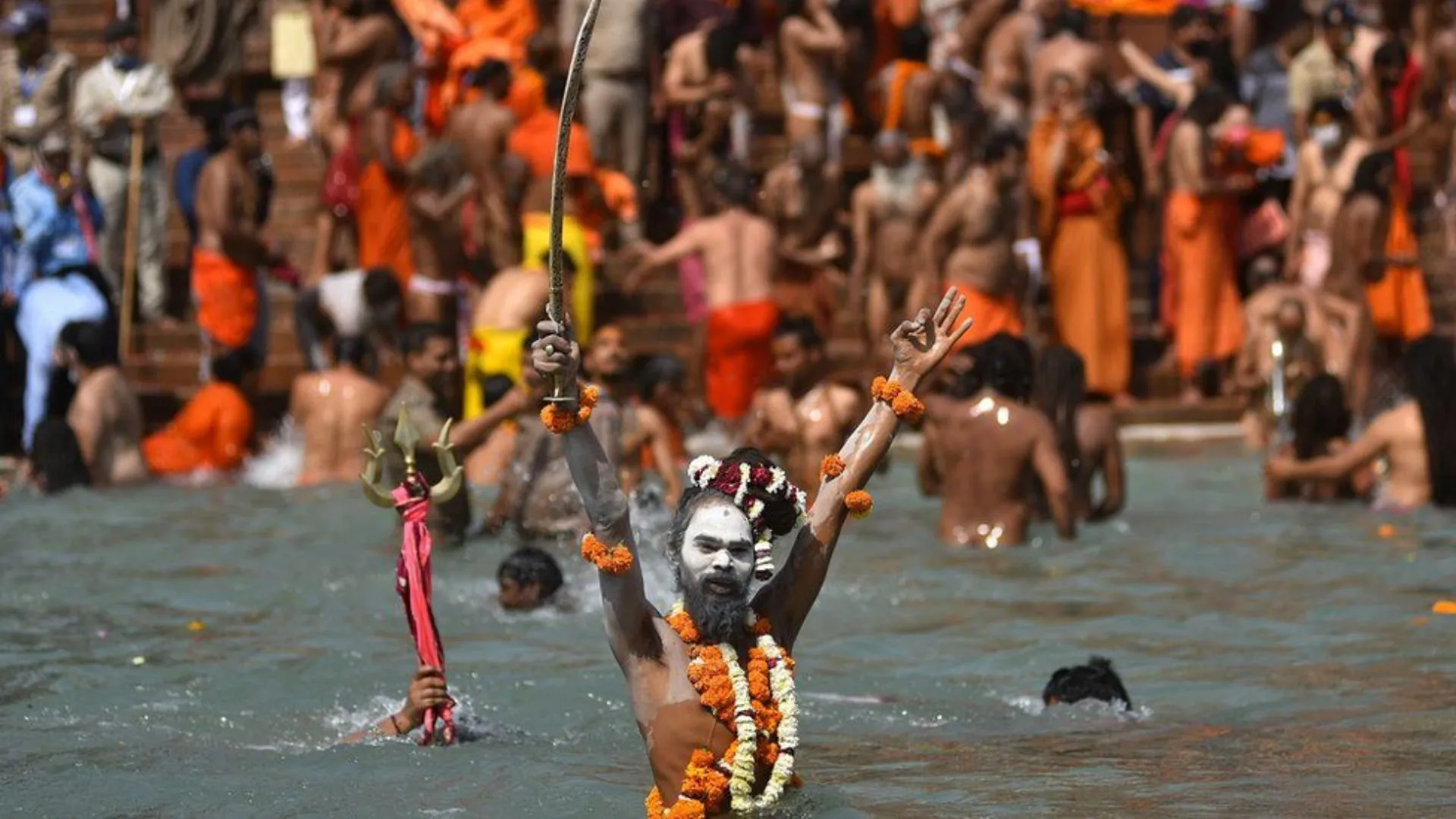In a historic win in 2016, the BJP led by Sarbananda Sonowal wrestled power out of the hands of the INC which had formed the government under Tarun Gogoi since 2001. In 2016, the BJP and its ally party Asom Gana Parishad (AGP) had successfully dominated upper Assam and northern Assam regions, winning 35 of the 47 seats. Out of these 47 seats, the BJP had won 27, while the AGP had bagged eight. Both of these regions are dominated by tea gardens, indigenous tribes, and ethnic community voters and the BJP was able to establish a strong base with them.




Gogoi, who managed to win the state consecutively from 2001 to 2016, was able to overcome anti-incumbency in both 2006 and 2011, due to what he had done for the state. He had successfully improved the law and order situation in the state and also brought about the development and made it easier to do business. However, in 2016, anti-incumbency worked majorly against Gogoi and coupled with BJP’s campaign of using the CAA-NRC plank to attract voters and the issue of mass unemployment, the BJP and its allies secured the state with 86 seats and a vote share of 41.9%. The Congress and its allies on the other hand only managed to secure 26 seats and a vote share of 31%.
However, in 2021, the electoral landscape of the state is very different, due to a significant rearrangement of alliances and the renewed emergence of issues such as the Citizenship (Amendment) Act (CAA). The Congress has announced a grand alliance of parties, which includes Badruddin Ajmal’s All India United Democratic Front, journalist-turned-politician Ajit Bhuyan’s Anchalik Gana Morcha, the Communist Party of India (CPI), Communist Party of India Marxist (CPIM) and Communist Party of India Marxist Leninist (CPI-ML). If we go by the 2016 figures, the alliance would have 48.81% of the votes. In fact, the combined vote share of the Congress and AIUDF will be higher in 17 seats that the BJP had won last time.
Another contender in the race, especially in the eastern parts of the state, is the alliance of six regional parties which includes the Assam Jatiya Parishad and Akhil Gogoi’s Raijor Dal, both of which were formed six months ago following the anti-CAA movement, thus making the election a three-front battle.
Meanwhile, the BJP was successfully able to secure its position in the two local council polls, including the Bodoland Territorial Council (BTC) and the Tiwa Autonomous Council (TAC) polls held in December last year. Many political analysts say this is an indicator of the BJP’s continued hold in the state and shows that the party is likely to come back to power in 2021. Opinion polls conducted between January and March 2021 also predict a victory for the BJP-led alliance, with the ABP News C-Voter poll stating the BJP alliance will secure 68-76 seats in the state, while the INC-led grand alliance will only be able to secure 47-55 seats. The BJP has been focusing its campaign on the development of the state while talking about the achievements of its government over the past 5 years in protecting the culture and heritage of the people.
Photograph by Creative Commons
IS THE CAA-NRC QUESTION STILL IMPORTANT?
On 8 January 2019, the Indian Parliament passed the Citizenship Amendment Bill of 2016 – now an Act – that gives citizenship to all minorities Hindus, Sikhs, Buddhists, Jains, Parsis or Christians from India’s neighbouring Muslim majority countries. The law does not grant such eligibility to Muslims from those countries. As of February 2021, the rules for implementation of the same have not been drawn up yet and the MHA (Ministry of Home Affairs) has been given extra time till July 2021 to frame the same. Until the rules are not notified, the Act cannot be implemented.








Many believe that this is being done due to the assembly elections slated to be held in both Assam and West Bengal. CAA is a major issue in Assam as the indigenous population of the state fears that the implementation of the Act would give citizenship rights to a large number of Bangladeshi Hindu refugees.
Violent protests against the CAA in the state in December 2019 led to the death of five during police firing and opposition to the legislation also led to the birth of two regional parties. It is important to note that while protests across the country were against the exclusion of Muslims in the Act, in Assam, the opposition to the bill was against allowing non-Muslim illegal immigrants to become citizens.
A lot of people in Assam, including members of civil society, and voters believe that the CAA is against the Assam Accord of 1985 and if implemented, could lead to an influx of illegal immigrants from Bangladesh who they believe could threaten language, culture, and land holdings of locals.
BJP used the issue of NRC as the crux of its campaign in Assam during the 2014 Lok Sabha elections and 2016 Assembly elections. Bringing the CAA-NRC issue to the spotlight helped the party secure seven out of 14 Lok Sabha seats in 2014. This motivated them further to use this as a platform for their campaign in 2016 even more extensively.
As per political analysts, voters from ethnic communities voted for the BJP, hoping they would be able to deport back “illegal migrants” from Bangladesh. At the same time, the Bengali-Hindu community, which comprises nearly 25% of the population of Assam also voted for the BJP, hoping that all non-Muslim migrants who came into Assam till 2014 would be given citizenship rights.
However, in the months leading up to the 2021 assembly elections, it would appear that the BJP has remained completely silent on the issue of CAA-NRC. None of the star campaigners of the BJP, including Prime Minister Narendra Modi, Home Minister Amit Shah, BJP President JP Nadda have commented on the CAA-NRC issue during campaigns in Assam. The party is trying to shift the focus of their campaign from the issue of the CAA-NRC to their development work in the past 5 years.
On the other hand, the opposition grand alliance, led by the Congress has made the CAA-NRC issue a prime area of focus in their campaign. The Congress has said that nullifying the CAA is amongst its five guarantees for the elections and the slogan “CAA nohoy, sakori laage” (Give jobs, not CAA) has been plastered by the Youth Congress across the state.
Congress senior leader Rahul Gandhi has promised to protect the Assam Accord, which was signed during his father Rajiv Gandhi’s tenure in 1985. With the opposition trying to bring back focus to the CAA-NRC issue, and the BJP keeping silent on the same, it is unclear what the role of the same will be in the upcoming election.
Photograph by Creative Commons
Photograph by Live.StaticFlikr


